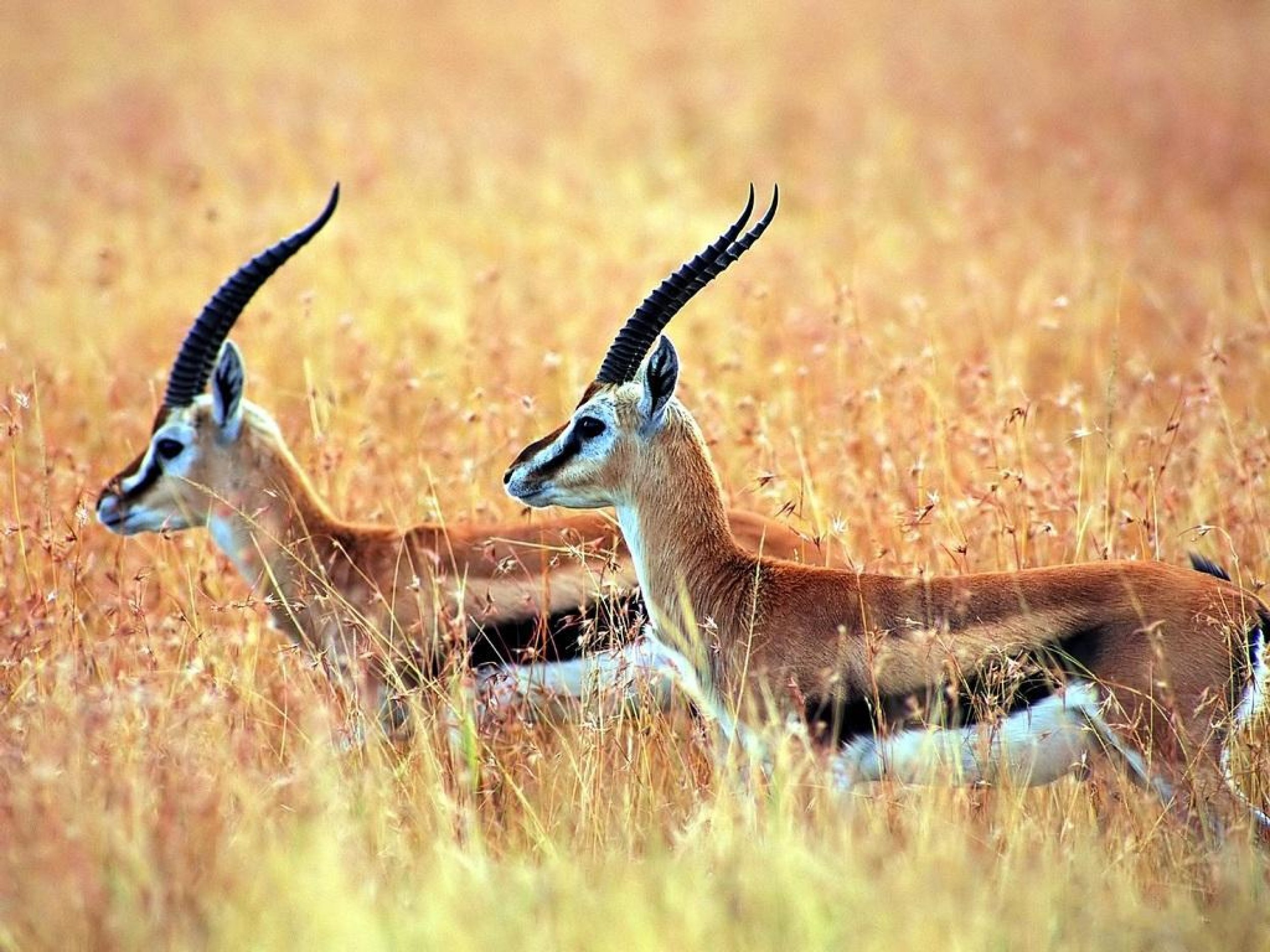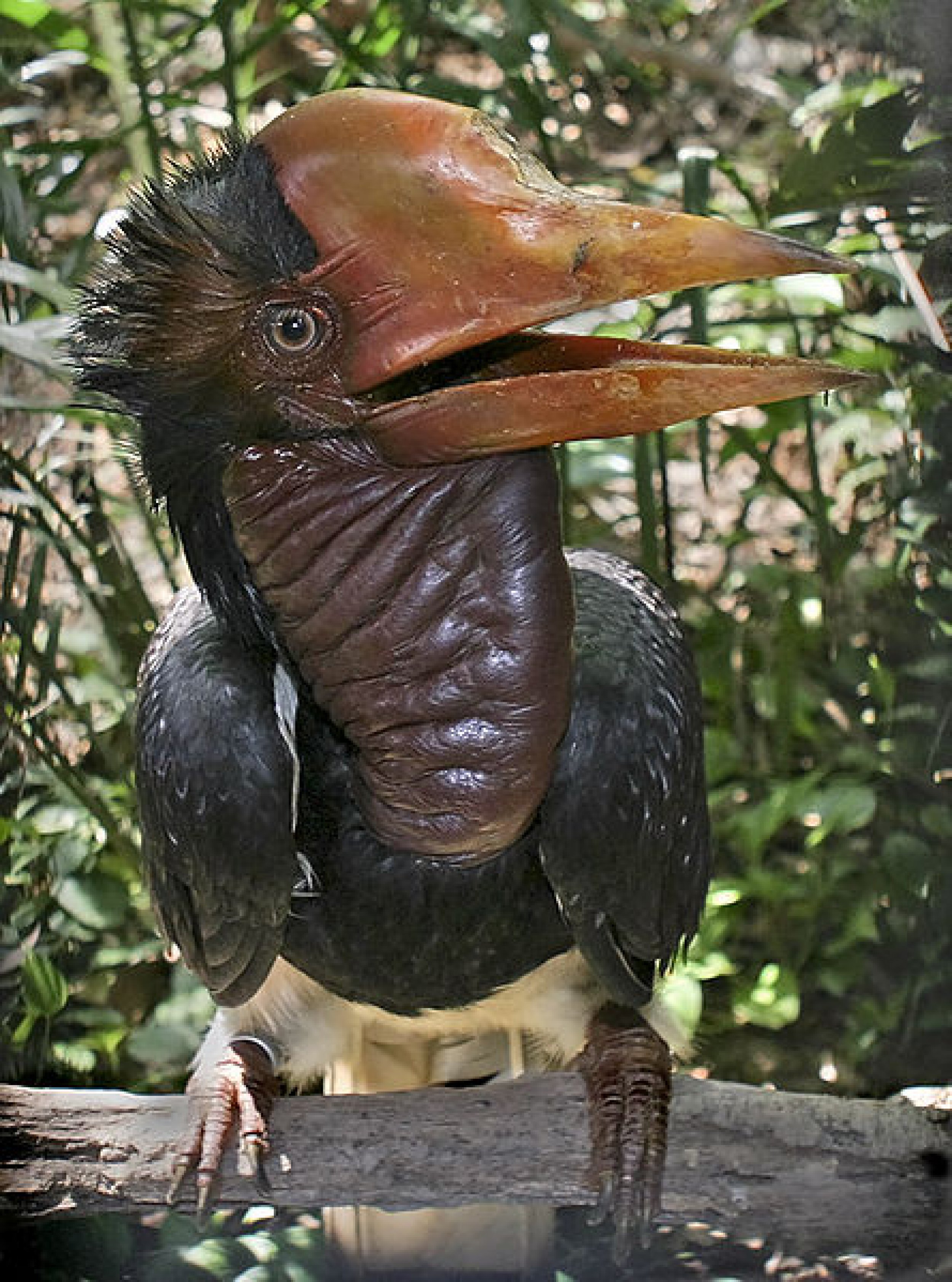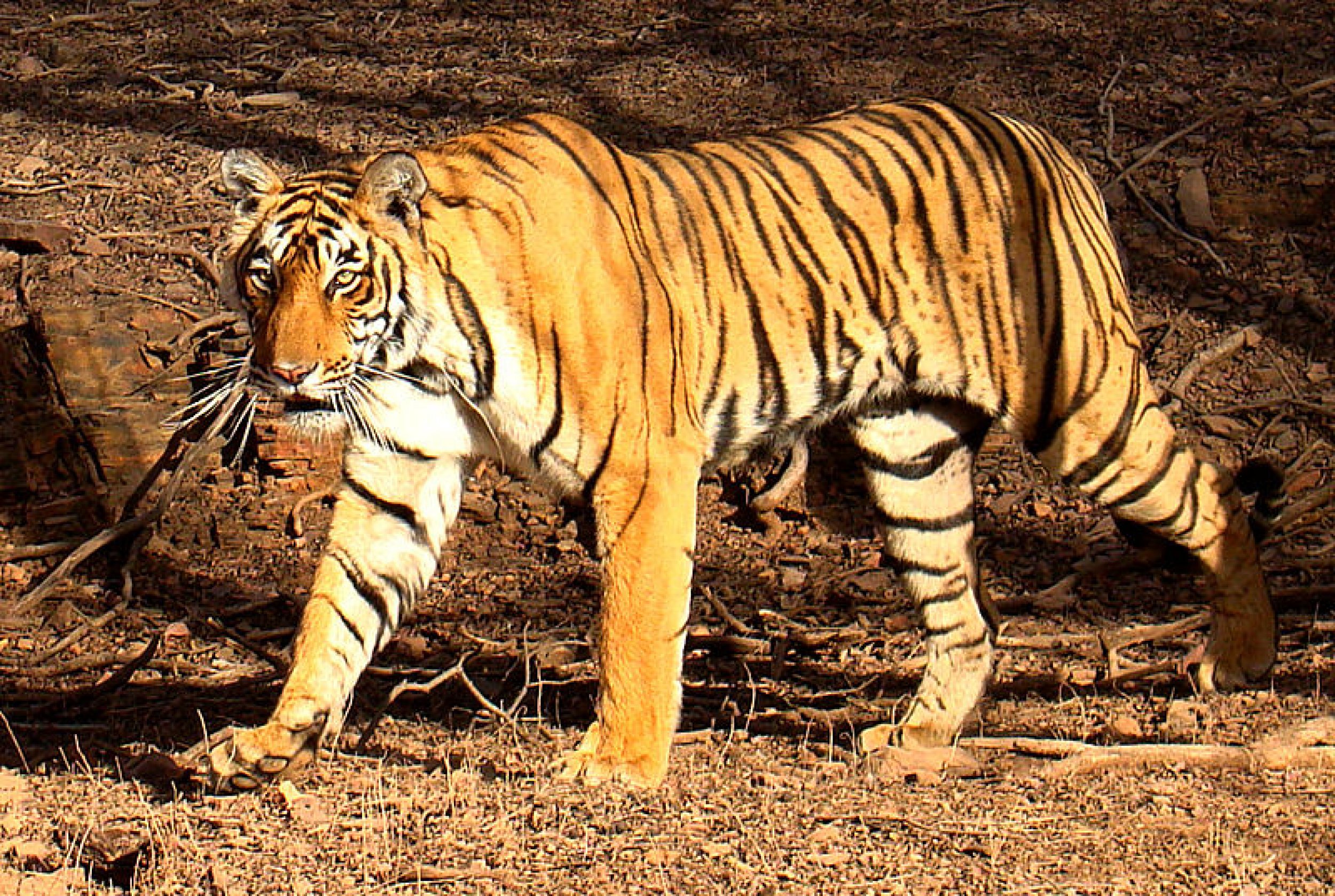Ivory, Fur, Bones and Blood: Illegal Wildlife Trade Targeted By Global Conference [SLIDESHOW]
Government representatives from around the world recently gathered in Bangkok to discuss the most crucial issues facing the planet’s endangered species and methods of improving enforcement of environmental protection laws.
The 16th meeting of the signatories to the Convention on International Trade in Endangered Species of Wild Fauna and Flora, or Cites, aimed to coordinate wildlife protection strategies among various governments, particularly in light of the expansion of transnational networks engaged in environmental crimes.
“Illegal wildlife and forest product trade is escalating, transnational and increasingly well-organized,” said Cites Secretary General John E. Scanlon in a statement. “Coordinated responses that connect and align efforts across borders and organizations provide the best opportunities to combat this serious crime, and protect the species and people at risk because of it.”
The conference highlighted a recent operation involving cooperation between environmental law enforcement networks in China, India, Southeast Asia and throughout Sub-Saharan Africa to crack down on illegal wildlife trade.
“The successful operation resulted in a large number of arrests and seizures of the parts and derivatives of many Cites-listed species including ivory, rhinoceros horn, leopard, tiger, pangolin and hornbill,” Cites said in a statement.
The coordinated Cites action, known as Operation Cobra, was conducted over one month between Jan. 6 and Feb. 5 this year.
“Operations bringing police, Customs and wildlife enforcement agencies of range, transit and destination States together to combat wildlife crime are essential,” Scanlon said in a previous statement.
Scanlon added that follow-up investigations were crucial and that enforcement tactics such as setting up deliveries of illegal wildlife derivatives were necessary to uncover the full extent of various criminal networks.
Cites is an international agreement between 177 countries that regulates trade of animal and plants species and by-products with a particular emphasis on safeguarding threatened species.
It was first signed between 80 nations on March 3, 1973, in Washington., D.C., and involves coordination with Interpol, the United Nations Office on Drugs and Crime, the World Bank and the World Customs Organization.






© Copyright IBTimes 2024. All rights reserved.





















